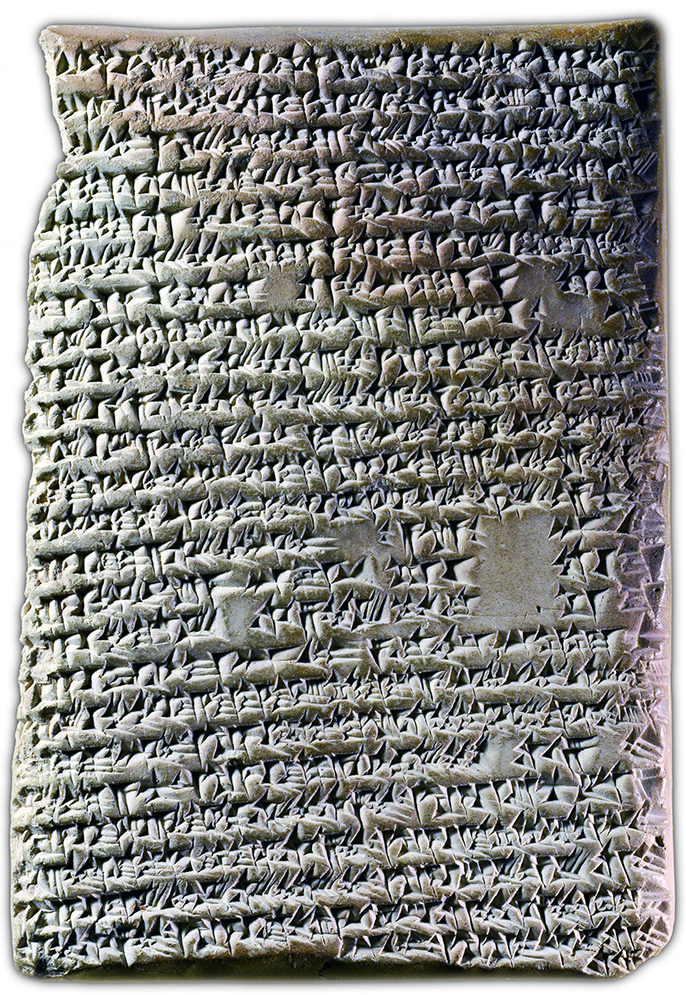© Yale Babylonian Collection
Mesopotamian commentaries represent the world’s oldest cohesive group of hermeneutic texts. Numbering nearly 900, the earliest date to the eighth century and the latest to ca. 100 BCE. The purpose of this website is to make the corpus available both to the scholarly community and a more general audience by providing background information on the genre, a searchable catalog, as well as photos, drawings, annotated editions, and translations of individual commentary tablets. For the first time the cuneiform commentaries, currently scattered over 21 museums around the globe, will be accessible on one platform.
The Cuneiform Commentaries Project is funded by Yale University (2013-2016) and the National Endowment for the Humanities (Division of Research Programs “Scholarly Editions and Translations,” 2015-2018).
Search the catalogue
Recent additions to the corpus
|
CCP 3.4.2.E - Bārûtu 2 Tirānu E Courtesy of the Trustees of the British Museum
This small tablet, identified from a list of commentary fragments kindly made available by Christopher B. F. Walker, preserves a commentary on Tirānu, the second chapter of the extispicy series Bārûtu. |
CCP 3.5.6 - Ālu 6-7 Courtesy of the Trustees of the British Museum
This previously unpublished fragment has been identified as a commentary on the divination series Šumma Ālu from a list of commentary fragments kindly made available by Christopher B. F. Walker. |
CCP 3.1.5.F - Enūma Anu Enlil 5 (?) F Courtesy of the Trustees of the British Museum
This small fragment in Neo-Assyrian script, edited by L. |
CCP 7.2.u93 - Cento of literary texts Courtesy of the Trustees of the British Museum
This previously unedited tablet contains a series of etymographies of divine, celestial, and personal names. Thus, Marduk’s name [(…)] Asaralimnunna is explained as “light of Anu, Enlil, and Ea” in l. |
|
CCP 6.1.u4 - Aa VI Courtesy of the Trustees of the British Museum
This small fragments contains the first known commentary on tablet VI of Aa and is of some interest for the reconstruction of Ea VI. As discussed by Civil in MSL 14 p. 431, Ea VI is poorly known. |
CCP 6.1.12 - Aa II/4 (pirsu 12) Courtesy of the Trustees of the British Museum
This small fragment preserves meager remains of a previously unidentified commentary on Aa II/4. |
CCP 7.2.u94 - Uncertain Courtesy of the Trustees of the British Museum
This small fragment contains meager remains of a commentary. Although it is written in a clear and elegant script, little can be understood. From the contents it appears to be a commentary on a divinatory text: for instance the verb in l. |
CCP 7.2.u117 - Uncertain Courtesy of the Trustees of the British Museum
This is a small fragment from the right hand column of a tablet. The only clear equation contained in it, ardu : amtu, "male slave : female slave," makes it clear that it contains a commentary of some sort. |
- ‹ previous
- 10 of 23
- next ›



















































